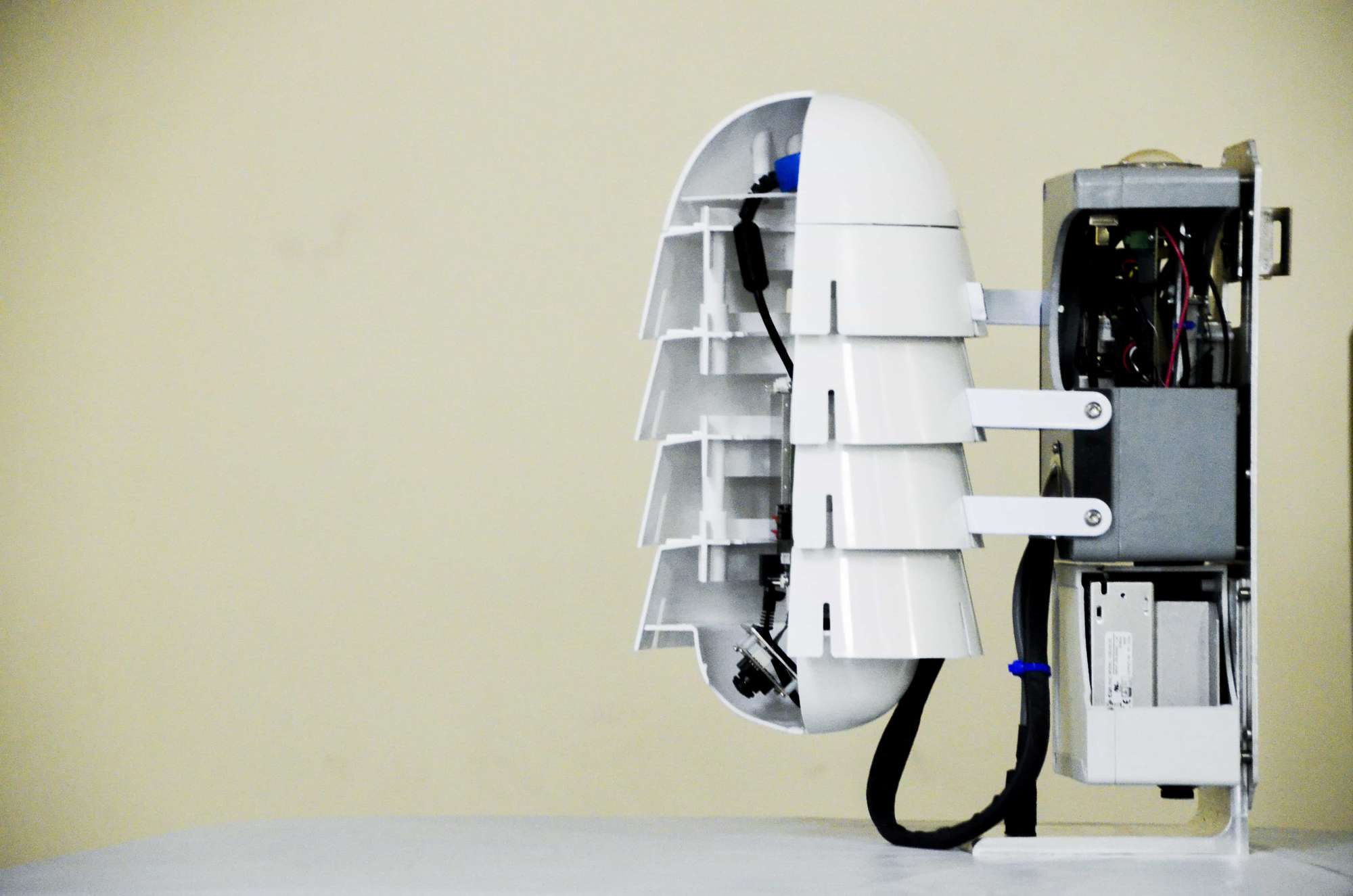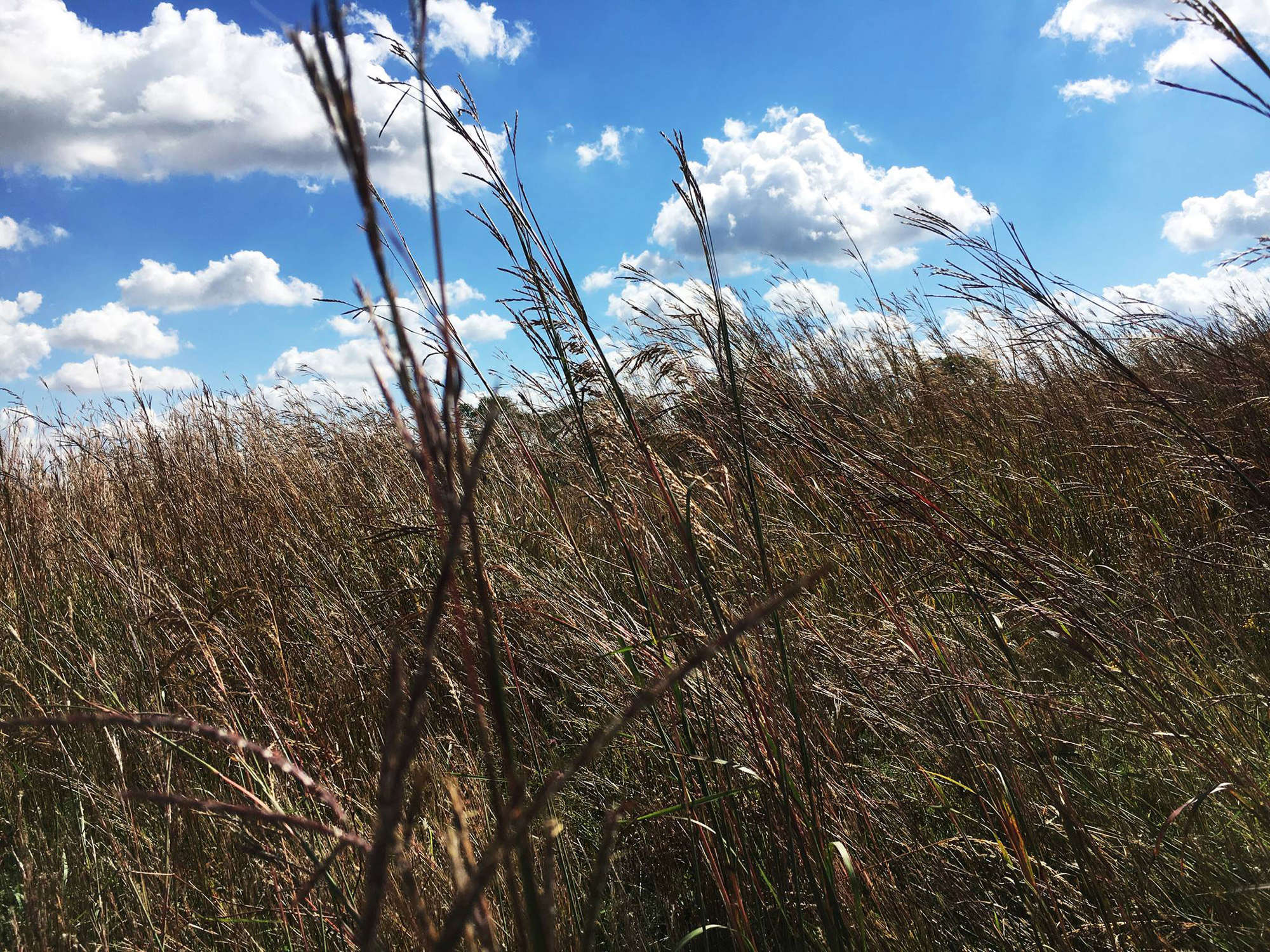review
‘This Blessed Earth’
Undark • October 2017On July 4, 1886, Theodore Roosevelt spoke at an Independence Day celebration in Dickinson, Dakota Territory. “It is not what we have that will make us a great nation,” the future president told the crowd. “It is the way in which we use it.”
This question of stewardship is central to the American experiment. Simply defining the terms is a persistent struggle. For Roosevelt, “we” referred to white, European immigrants, and “what we have” was a function of what was taken — violently, deceptively — from those who had lived on the land for millennia. Today, the questions of who “we” are, what we have, how we got it, and how we use it undergird a high-stakes national identity crisis. Just check Twitter.
A new book by the journalist and author Ted Genoways is the latest attempt to understand what we have and how we use it. “This Blessed Earth: A Year in the Life of an American Family Farm” is ostensibly just that — a harvest-to-harvest portrait of a Nebraska farm family. But by peering distantly into the past and outwardly across the nation, Genoways delivers a comprehensive, contemporary portrait of how Americans have shaped the land, and, in turn, how the land has shaped Americans.
“This Blessed Earth” serves as a cautionary tale, too. Genoways finds fearful symmetries between history’s ecological missteps and today’s climatic shortsightedness. We think of the Dust Bowl as a natural disaster hermetically sealed in another time; Genoways reminds us that the same human folly that turned the prairie into desert persists in today’s water mismanagement and greenhouse-gas emissions.
“To understand,” he writes, “first remember.”
We meet Rick Hammond, who raises corn, soybeans, and cattle on a piece of Nebraska land that has been in his wife’s family off and on since her great-great-grandfather Thomas Barber homesteaded on it in 1874. After four decades of hard labor, hard decisions, and at least one near-death experience, Rick is preparing to hand the operation over to the next generation, including his daughter, Meghan, and her future husband, Kyle Galloway.









